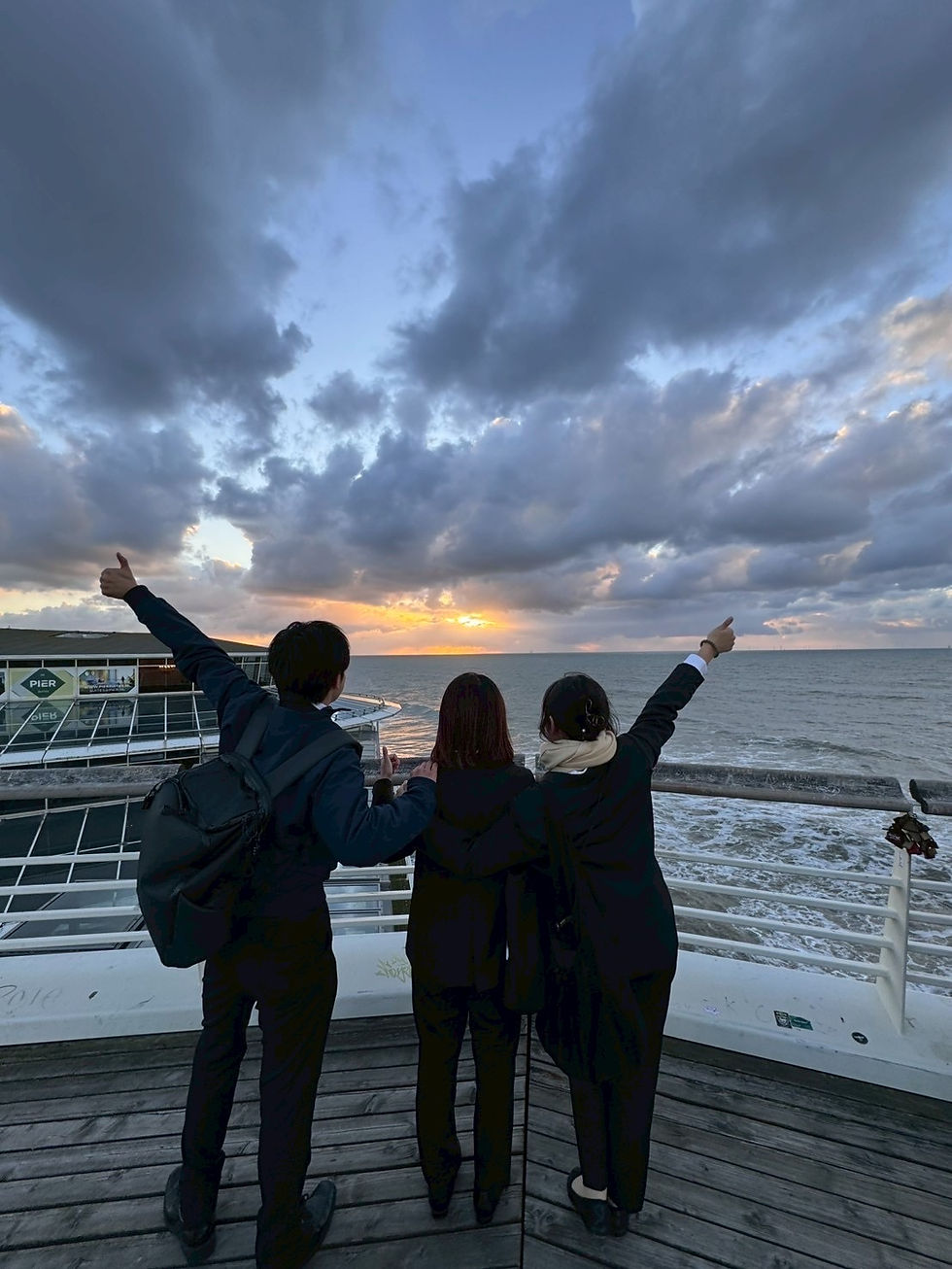[Summer school report] Advanced Human Rights Courses: Children’s Rights in Africa
- Administrator
- 2021年7月4日
- 読了時間: 3分
更新日:2021年7月8日
M1 Reona FUKUHARA
From 21 to 25 June, I participated in Advanced Human rights courses on Children’s Rights in Africa, organized by the Center for Human Rights, University of Pretoria. This course aimed to provide participants with theoretical and practical knowledge in children’s rights and improve their skills for promoting and monitoring the implementation of children's rights. More than 80 people from different countries with different work experiences (i.e., lawyers, practitioners, and academia) participated in this course. One of the reasons I participated in this course is to find the challenges for achieving the children's best interests and how we can deal with them. I believe this opportunity provides me with some tips to solve my questions. In this report, I would like to share some topics that were so enlightening and eye-opening; Conflict between international standards and customary (local) law and youth participation in South Africa.

The Conflict between international standards and customary (local) law
On the third day, Ms. Karabo, Director of the Center for Child Law, in the Faculty of Law, University of Pretoria, gave a talk titled “Enforcement of children’s rights: Justiciability of children’s rights & access to justice in national courts”. In this session, she shared some case laws to show the contested points on the difference between international and local law in South Africa. For instance, in the case of Jezile, the appellant justified an abduction of a girl based on a customary law practice to obtain a wife (the practice of ukuthwala). Despite that the Convention on the Rights of the Child (CRC) and The African Charter on the Rights and Welfare of the Child (ACRWC) prohibited child marriage under the age of 18, the court had to consider the legality of the practice based on the domestic constitution, which provided that “the courts must apply customary law when that law is applicable, subject to the Constitution and any legislation that specifically deals with customary law.” After considering the nature of the offenses, the appellant’s circumstances, and the interests of society, the court accepted that “the appellant’s moral blameworthiness was mitigated by the belief which he held concerning traditional practices, and accepted that in his mind the appellant had not foreseen the catastrophic consequences to the complainant when he set in motion the course of events [para.103].” This case was interesting because it shows the sensitive relationship between the international or national legal standards and local daily practices. Even if the court was considered an independent legal instrument, it does not mean ignoring the local practice in Africa.
Youth participation in South Africa
On the last day, I had an opportunity to hear the voice of children belonging to the Western Cape Children’s Commissioner. Around 17 years old, students gave a powerful speech. They introduced their activities, which were monitoring the government, taking part in the meeting of the parliament, and holding a workshop for the same generations. I was so motivated by the fact that they were not so much affected negatively by COVID-19. Instead, they can easily have time to discuss their projects online, and many people supported their projects through cloud-founding. I believe that their activities give me hints when I hold a children’s rights workshop in Japan.
In conclusion, I understood the big picture of children’s rights and a detail of its implementation in Africa. On the last day, Professor Maria, senior researcher of the Children’s Rights Project, stressed that “When we consider the children's best interests, it is not one size fits all thing … practitioners must think about how we can translate the paper into action. Harmonizing with the international regime and domestic implementation is one point.” Through this experience, I realized that there is no evident answer to the children's best interest and should consider on a case-by-case basis. This course provided me with comprehensive knowledge as well as the opportunity to hear precious stories from participants. By making use of this knowledge and the network, I would like to keep myself open to the issue of the children’s rights. Lastly, I would like to express my gratitude to the organizers who allow me to participate in this course and give such wonderful lectures.





コメント